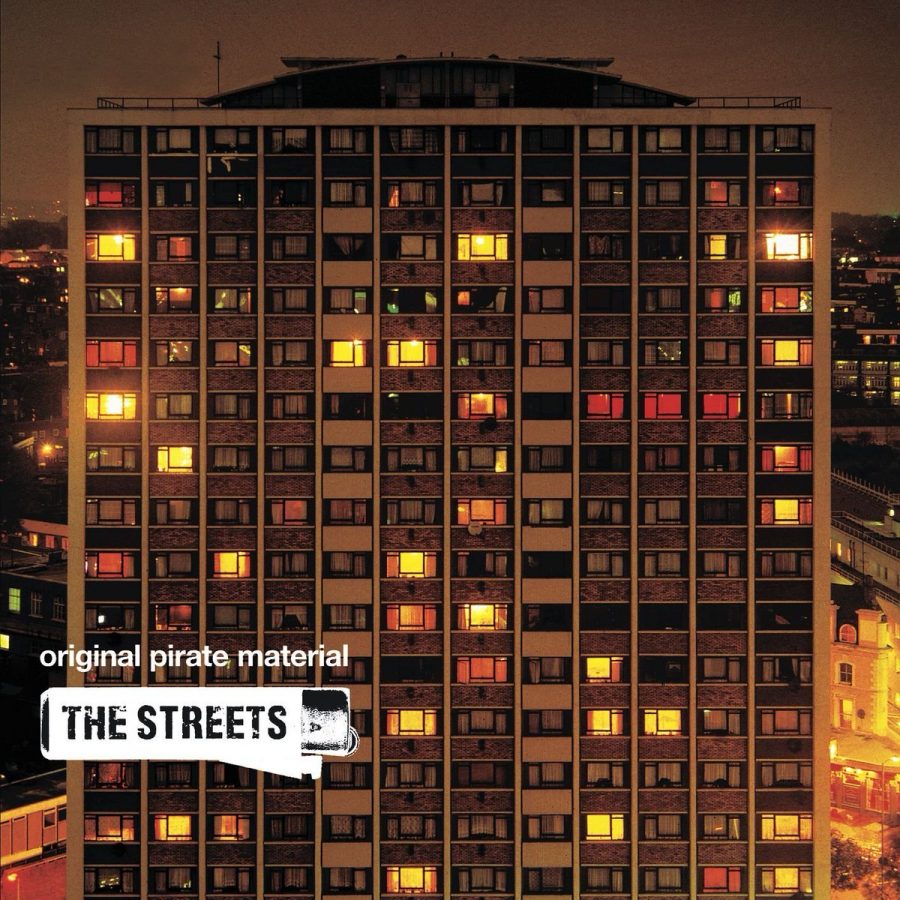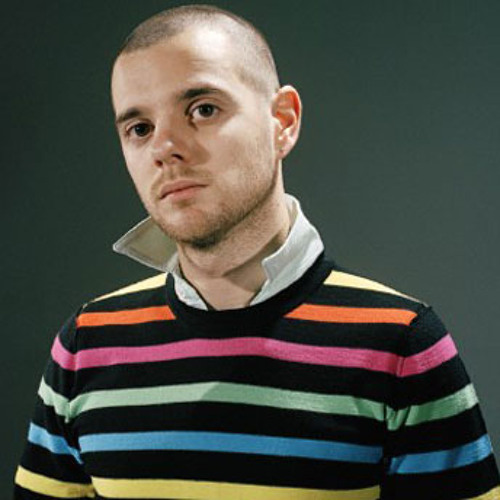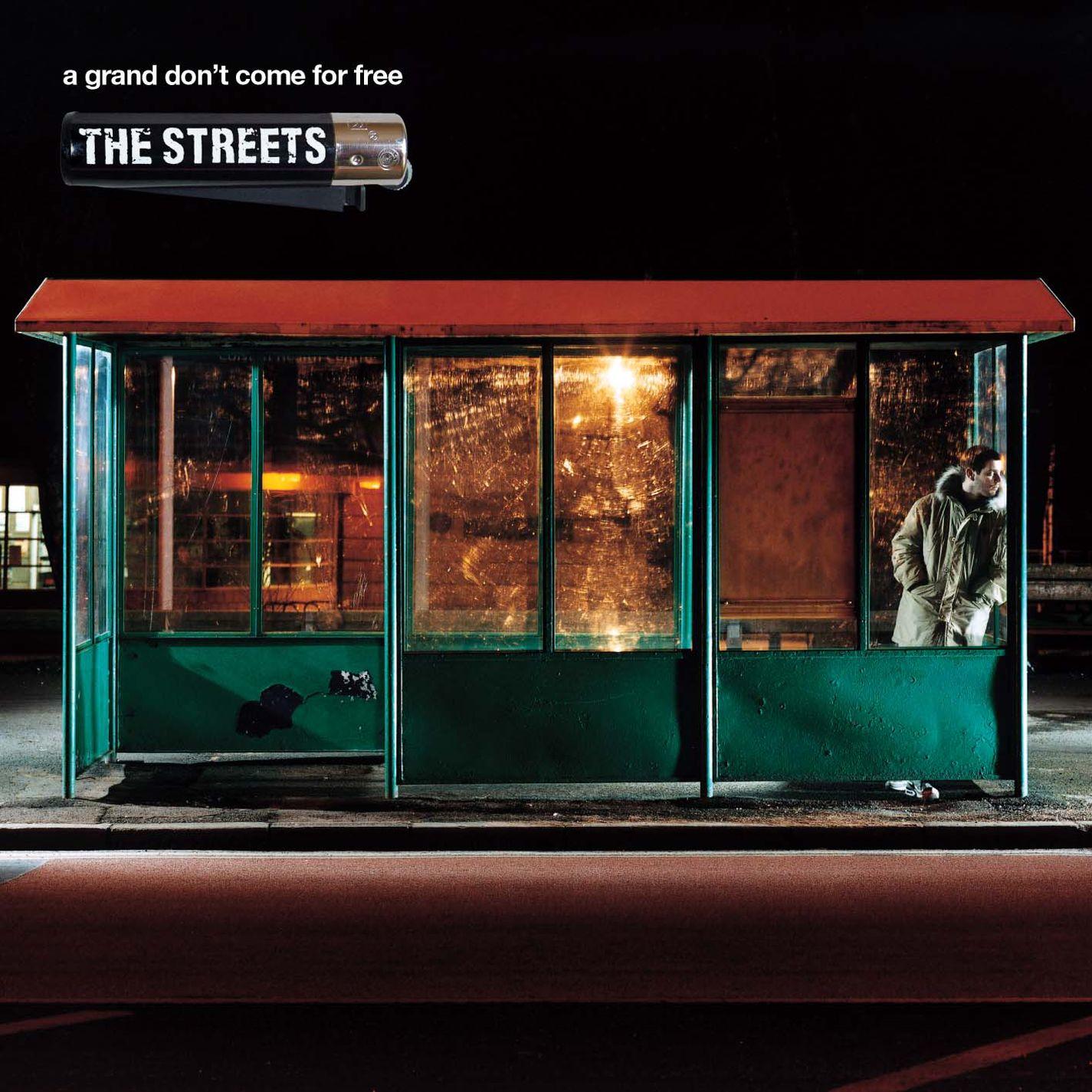On The Streets: The Importance of Mike Skinner’s Seminal Music Project

November 16, 2017
Yesterday night, I came across the song “Parklife,” and it hit me – Dang, The Streets might have more in common with a 90’s Britpop band than hip hop! I immediately played Original Pirate Material, and Phil Daniels shined a new light on one of my most played albums this year. It didn’t hit me until today that The Streets are one of the most important musical acts in hip hop history – not just historically, but also on a personal level.
The Streets was a musical project headed, and mostly ran, by Mike Skinner, a British man from the suburbs of Birmingham, the same place where huge musical acts from Britain came out, like Black Sabbath and Judas Priest. Mike started out making music in his home, building a sound booth out of a cupboard and a mattress. That simple formula didn’t really change even when it came to his groundbreaking UK hip-hop albums – Skinner created most of Original Pirate Material in his rented South London house entirely using Logic; A Grand Don’t Come for Free isn’t exactly lusciously produced either. However, both of these albums showcase Mike’s enormous talent to creatively rap stories with banging garage beats.
When a lot of the acclaimed and highly praised hip hop music that I’ve heard up to this point has been taken from an epic and authoritative scale, usually featuring either grand statements and concepts or mind-blowing technical skills, Mike comes at it from a completely different angle. He doesn’t rap in the traditional sense of flow, rhyme scheme, and wordplay – he raps in an almost spoken-word type of way, stumble-tripping his way through each line, much like the character that he either portrays or exists as in each song. Even Mike himself acknowledged in an interview with Danny Brown that his rapping skills aren’t as technically sound as other British MC’s.

Instead, it’s the songs, and the way Mike speaks his mind and tells his stories, that resonates. Mike’s style is distinctly his, and in mentioning Blur, it’s humble and characteristic of an everyday young, irritable, and human, person living with Britain as the backdrop. And not London, either – the places you don’t visit because they’re “not interesting enough to visit.” Not only is the backdrop unassuming – Mike is too. For example, on tracks like Turn the Page and Let’s Push Things Forward, where a normal rapper might approach these topics guns blazing and rapid-fire spitting about how he/she conquered the game, Mike instead seems to be on the humble, underground mission to make that happen.
Also, in the raps that Mike lays out, though there might be hints of drama here and there, it’s nothing that we haven’t experienced or won’t experience. People love to point out that A Grand Don’t Come for Free is a rap opera with a complete storyline from beginning to end, but that gives the album an unnecessary pedestal, as the story doesn’t exactly make you sit at the edge of your seat. The album attacks from behind after multiple listening sessions, conveying a character almost like a friend you cherish for his vents and value for his unmasked imperfections. And although that friend comes from a different country and culture, he goes through the same things that you do, and it’s all displayed in HD human behavior, hysteria, instinctual madness, longing, and emotion. Not only is he relatable, but he’s thought-provoking and reflective of the listener as well. And that’s the most beautiful part of all of this.
It’s amazing to see that The Streets’ first two albums are hallmarks in the history of UK, garage, and hip hop. Because, at least in my memory, there hasn’t been a rapper that comes close to what Mike was, and is, doing.



